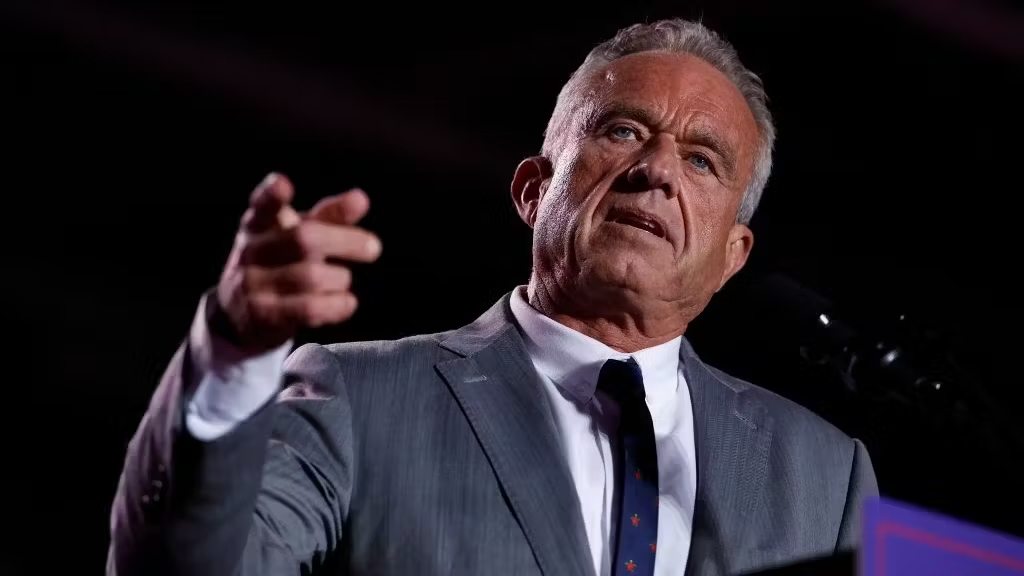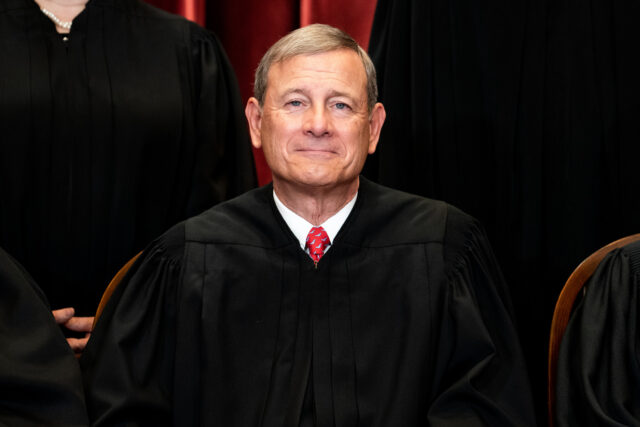Health Secretary Robert F. Kennedy Jr. is once again making headlines, this time for reportedly preparing to link Tylenol use during pregnancy to autism. According to The Wall Street Journal, Kennedy will claim that the widely used pain reliever—manufactured by Kenvue—could be a culprit behind autism cases. The report sent shockwaves through Wall Street, tanking Kenvue shares by 14% in a single day.
Tylenol, whose active ingredient is acetaminophen, has been a trusted go-to for generations of Americans, especially expectant mothers. But Kennedy’s announcement, if it plays out as reported, is bound to rattle confidence in one of the most recognizable over-the-counter drugs in the world. Kenvue quickly issued a statement rejecting the claim, pointing out that the FDA and leading medical organizations still recognize acetaminophen as safe for pregnancy when used properly. The company also urged pregnant women to consult doctors before taking any OTC medication.
Kennedy isn’t just pointing the finger at Tylenol. He reportedly plans to argue that folinic acid—a derivative of folate—can help treat autism symptoms. This lines up with his longstanding theory that autism is driven not by genetics alone, but by environmental toxins. Of course, he has a history of going after vaccines as well, so it’s hardly surprising that he’s now expanding the battlefield.
The National Institutes of Health, under Kennedy’s watch, is already running a $50 million Autism Data Science Initiative. Researchers are competing for grants to study potential environmental factors, with results expected later this year. Critics, however, remain skeptical. Dr. David Mandell of the University of Pennsylvania dismissed the Tylenol link as rehashed research, saying there’s no biological mechanism to explain how acetaminophen would cause autism.
And the courts haven’t been convinced either. Just last year, a federal judge barred “experts” from testifying in Tylenol-autism lawsuits due to lack of evidence, effectively gutting hundreds of pending cases. An appeals court will hear arguments soon, but so far, the scientific consensus is clear: no proven link.
That hasn’t stopped Kennedy’s allies at Children’s Health Defense—the anti-vaccine group he once led—from pushing the Tylenol theory online. They’ve cited small-scale studies suggesting possible associations, though larger ones, like a 2024 JAMA study of 2.4 million Swedish children, found zero evidence of a causal connection.
Bottom line: Kennedy is once again steering straight into controversy, shaking markets, challenging mainstream medicine, and re-igniting debates about autism’s origins. Whether he’s uncovering hidden truths or just recycling debunked claims, one thing is certain—when RFK Jr. talks, both Wall Street and Washington pay attention.



